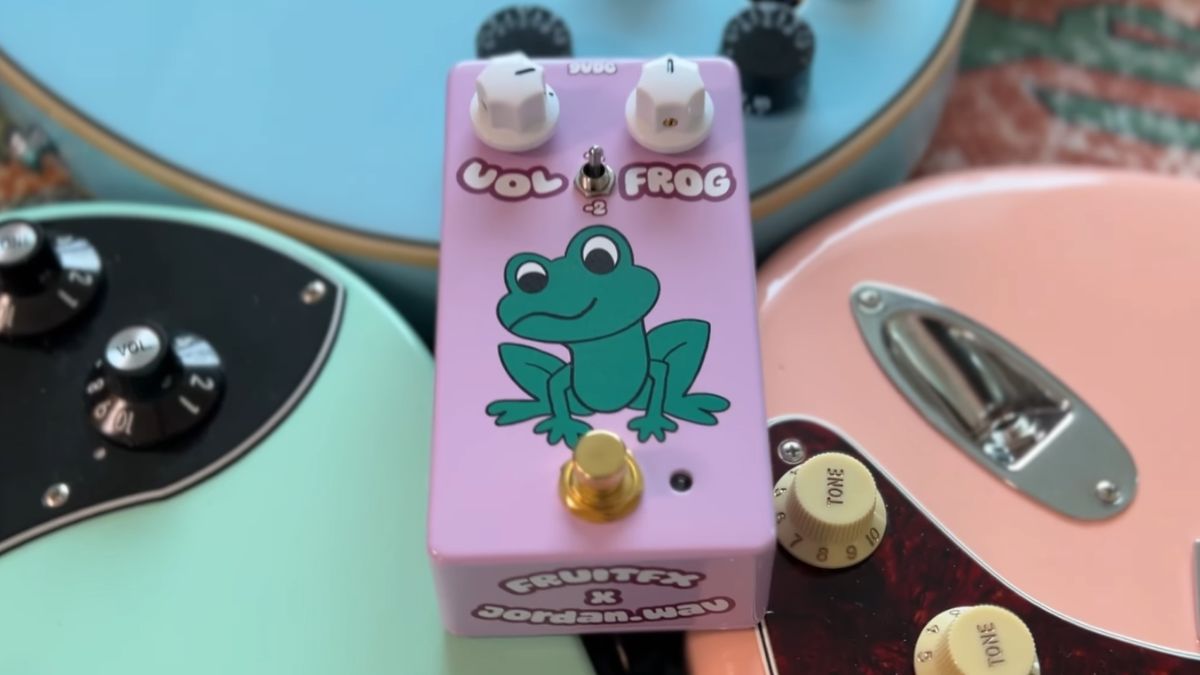We need to talk about mental health in the music industry – and how you can get help if you need it
Artists and organizations discuss the challenges presented by the industry, and the assistance available to musicians who may be struggling with their mental health

All the latest guitar news, interviews, lessons, reviews, deals and more, direct to your inbox!
You are now subscribed
Your newsletter sign-up was successful
- Starting with Mental Health Awareness month and continuing throughout the following months, Guitar World is hosting a series of interviews and features with artists addressing and raising awareness around themes of mental health, particularly as they relate to musicians.
“If you haven't had a mental health challenge yourself so far in life, it's not because you're stronger or better. It's simply because, by the grace of God, it’s not you so far.” – James Ainscough, CEO, Help Musicians.
The throne of self-righteousness is always the best seat in the house, and if you’re among the millions battling mental health challenges, by now you’ve heard all the platitudes and worse, including the ubiquitous “Get some help.” Easier said than done, and most easily said by those who either don’t need said “help,” or who have the resources to get it when they do.
Shame, stigma, rejection, career jeopardy, insufficient finances, insurance costs – there are myriad reasons why mental health issues remain undisclosed and untreated.
Within the global music community, problems multiplied during the pandemic, as musicians and industry professionals, like so many others, found themselves locked down, unemployed, anxious, depressed, and in many cases grief-stricken over losing loved ones.
In the US, and no doubt worldwide, statistics overall are staggering, and the demographics even more so. In a recently released national survey of 35,000 LGBTQ youth ages 13-24, the Trevor Project found that 42 percent seriously considered attempting suicide within the past year, while 48 percent wanted but were unable to receive mental health treatment.
Mental Health America reports that youth mental health is worsening, suicidal ideation among adults is increasing, mental health treatment needs remain unmet, anxiety and depression are on the rise, and the numbers are mounting in communities of color.
For 100 years, independent charity Help Musicians has provided support to all musicians in the UK Last year, they experienced a 40 percent increase in requests for mental health assistance, with that number rising to 65 percent in early 2021.
All the latest guitar news, interviews, lessons, reviews, deals and more, direct to your inbox!
87 percent of musicians they surveyed in February/March reported pandemic-related mental health issues.
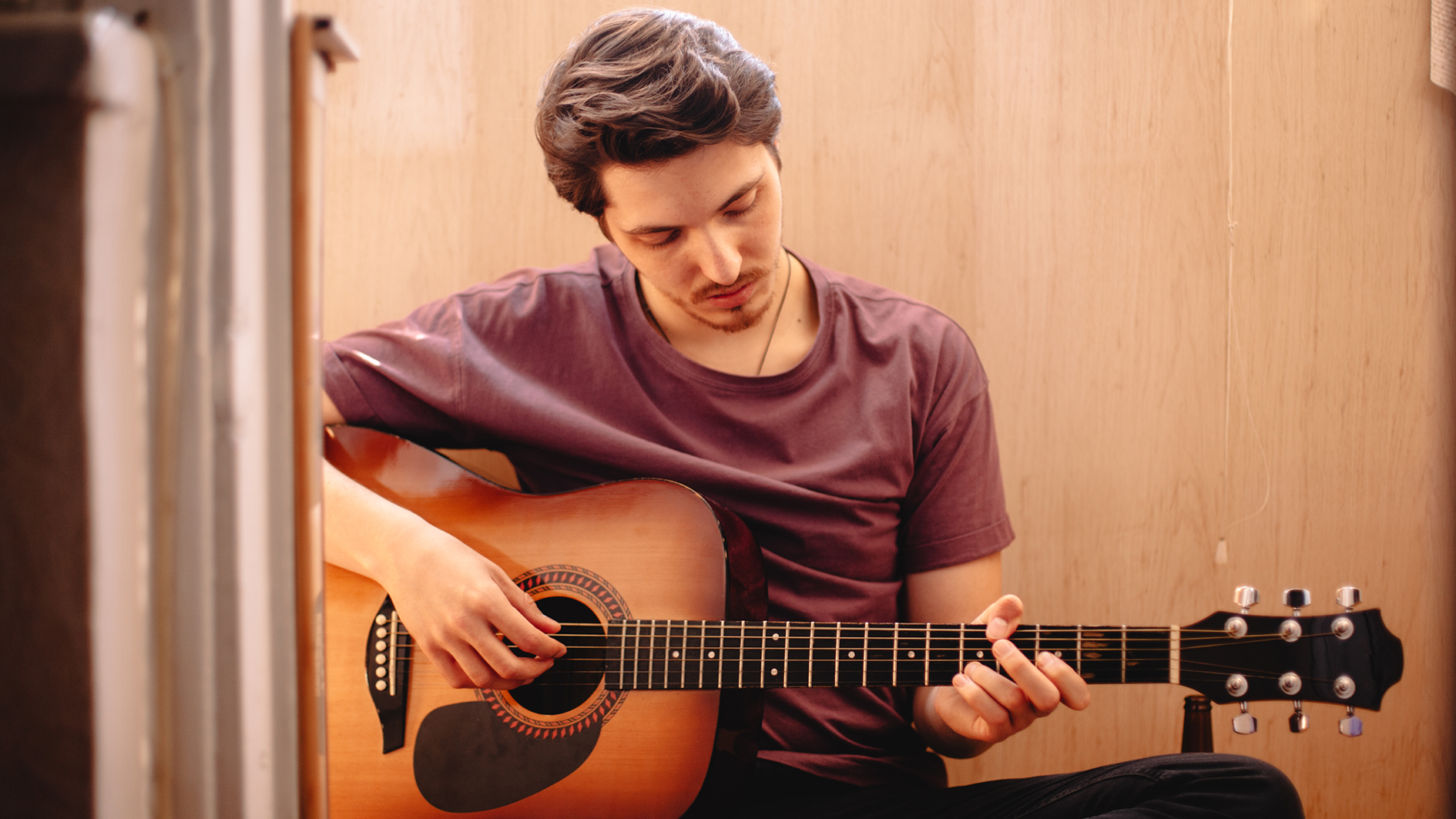
The foundation offers a vast array of services, including a confidential hotline, comprehensive website, financial aid options, terminal illness and bereavement support, and liaising those in need of counseling with specialized therapists able to meet specific and required needs. Eligibility is open to all who work in the music industry.
In 2017, Help Musicians launched their mental health chapter, Music Minds Matter, which Help Musicians CEO James Ainscough describes as “a listening ear available 24/7 throughout the year, when musicians need it most. Through that, we can refer people to deeper levels of therapeutic health or defined support outside of Help Musicians. The telephone line is free, and anybody who works in the music industry can ring that number.”
“We're passionate about making sure that people will seek support when they're in a crisis,” says Liam Hennessy, Head of Health and Welfare. “In addition to mental health, we provide financial support. That can be anything from alleviating some financial pressure or support to pay the rent and preventing people from losing their homes. All of this has a massive impact on mental health. That's what we're here for, as well as crisis support and preventative support to prevent people from getting to that point.”
Help Musicians is funded by legacy campaigns, fundraising, corporate support, and private donations. Historically, classical musicians made up the majority of applicants. Recently, however, the charity has focused on diversifying and expanding its outreach. They have also launched a podcast series that addresses musicians’ many areas of concern.
“We've been really keen over the last few years to make sure that we're accessible to all communities,” says Hennessy. “Whatever genre, whatever background, we're here to support you. We have had some real successes with that. One example would be our partnership with MOBO [Music of Black Origin] here in the UK.
“That's a fund whereby musicians of black origin can apply for financial support towards their music and careers in partnership with the MOBO Trust. They provide funding for any genre of music. We've also been doing some work with a new organization called Black Lives In Music. They're doing fantastic research into the area, and we're supporting them as well. It's something that we're passionate about.”
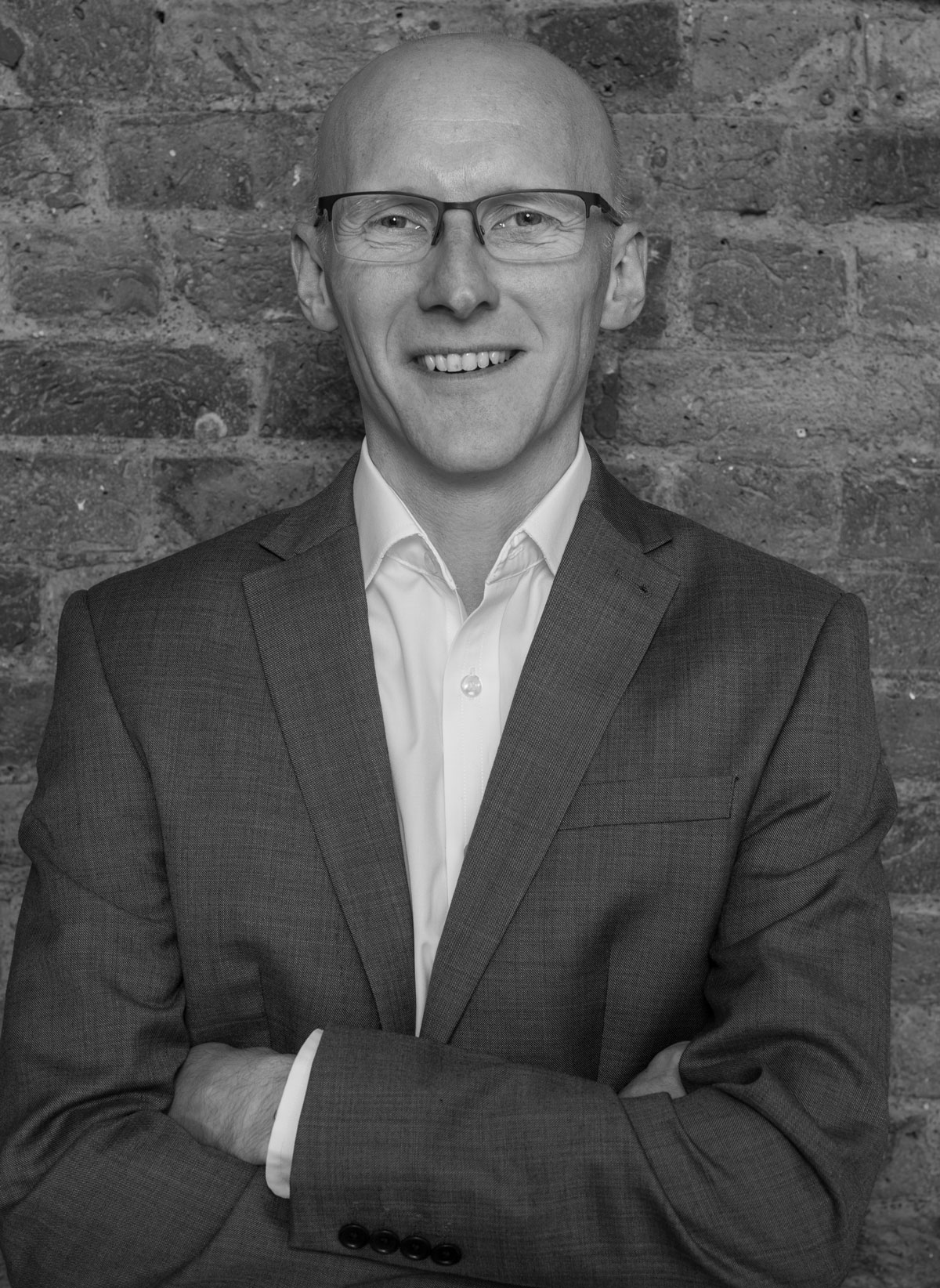
“We’re going to broaden Music Minds Matter so that it becomes a place where you can find all the support, advice, and information you need,” says Ainscough.
“The narrative at the moment is ‘Music is amazing for everybody's wellbeing,’ yet people who work in music seem to struggle more than most with their mental health. We want the narrative to become, ‘Music is amazing for your wellbeing, and the music industry is brilliant in looking after the mental health of its people.’”
Like any relationship, therapists are not “one size fits all.” Organizations like Help Musicians, and in the US, Backline, work diligently to match clients’ needs through detailed intake interviews. Backline’s growing network of licensed professionals specialize in working with musicians, industry professionals, the LGBTQIA community, communities of color, and across that spectrum as needed.
“We have clinicians in our network who have made it their life's work to specifically serve those communities,” says Hallie Lincoln, LCSW, MFT, Senior Clinical Team Lead. “We have partnerships with wonderful organizations that help us help folks. There is so much emphasis now on what these and other communities need, and we cannot overlook that. It is very, very important.”
“We are built by the music industry for the music industry,” says Backline co-founder Hilary Gleason.
“All of our programs stem from conversations with music industry professionals. Backline’s case management program was a result of conference calls with music industry professionals who were saying, ‘I don't know where to get help, or what I'm eligible for, or how to find a therapist that will work with me with this lifestyle, or with how much I'm able to pay.’ So we built a program that anyone in the music industry, or their family members, can use to figure out what they're eligible for and what resources exist that are going to work for their specific situation.”
“How it works is someone goes to our website and fills out a form to get connected with one of us for a 30- or 40-minute assessment call to determine what they're looking for, what they're struggling with, why they've reached out to Backline, and some of the important contextual pieces, such as where they're located, whether or not they’re going on tour post-pandemic, their financial means, and whether or not they have health insurance,” says Lincoln.
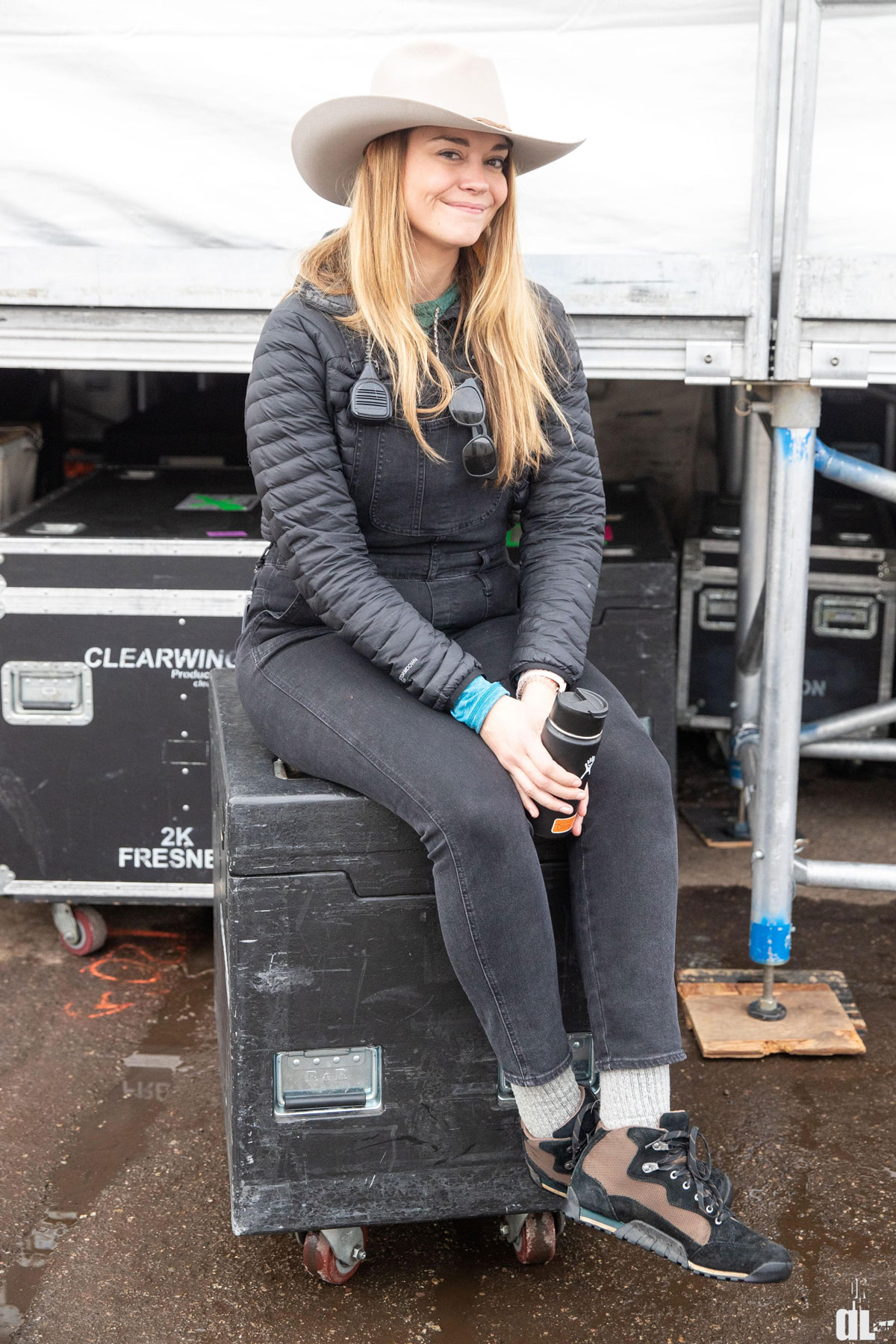
“We assess for safety and whether they have been in therapy before. We make sure we have all those details to ensure that we can connect them with the best match.
“On the other end of that call, we have a network of clinicians, licensed mental health professionals, that we have built across the country who have gone through a vetting process with us. We know their educational backgrounds, what their process looks like, whether they’ve worked with people in the music industry, whether or not they can offer lower-cost rates or sliding-scale rates for our clients, especially given the huge impact that the pandemic has had on the industry.
“From there, we send the client these referrals, and they make the connections and start the work. We check in with them after a few weeks to ensure that they've gotten what they were looking for.”
Backline’s resources include therapists, life coaches, sobriety coaches, career coaches, and twice weekly, on Mondays and Wednesdays, support groups via Zoom. Four case managers oversee intake requests and assessments, and all information is protected.
“Privacy and confidentiality are our number one priorities,” says Gleason. “We have all signed nondisclosure agreements. When people reach out to us, their data is only shared with our clinical team, all of whom are trained around confidentiality.”
For those unable to afford counseling, even on a sliding scale, who need more frequent support, or who seek a community of understanding peers, support groups offer a strong network. The pandemic moved meetings to Zoom, and while some have returned to in-person gatherings, many remain online.
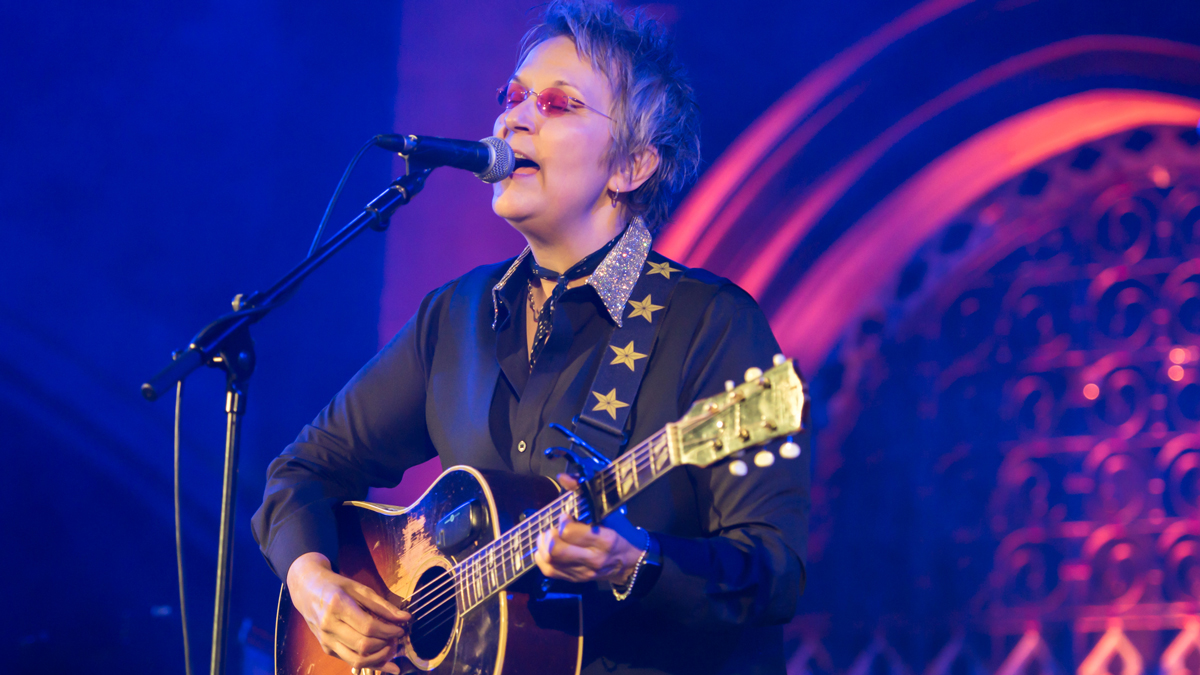
For award-winning singer/songwriter Mary Gauthier, accessibility to support with the click of a mouse is paramount. “I’ve been dealing with recovery and mental health my whole life,” she says, “but I never would have been a songwriter or an artist if I hadn’t gotten sober after I got arrested for drunk driving in July 1990.”
Gauthier credits songwriting, therapy, and twelve-step support groups with keeping her on track and helping her work through past traumas. “For me, recovery has been all about support networks,” she says.
“It’s not something I do on my own. It’s not something I do because I’m strong or smart or brave. It’s something I do with the help of other addicts and alcoholics, and it’s very classic: one day at a time not to drink one drink or take one drug. It’s a daily commitment to sobriety and to each other.”
When the industry went into lockdown and careers were on hold – a prime opportunity for musicians to self-medicate, develop addictions, or relapse – Gauthier was prepared.
Her support network was in place, and Nashville-based meetings were easily accessed online. “If you Google ‘twelve-step meetings,’ wherever you are, they’ll drop in right there, and all you have to do is hit the Zoom button,” she says. “The support is there if you just reach out.”
Recovery is not one and done, she stresses. It is difficult, ongoing work, and a journey best not walked alone. “I can only speak to my own situation, but what worked for me was asking for help, a lot, and that is true to this day,” she says.
“When I start crumbling – and I do crumble – I hit speed-dial. I have a list of folks I can call who understand and who can support me. People who say shit to you are not going to help you. There are other folks who get it, and there’s no shame at all.
We are doing a clarion cry, because especially in communities of color, there’s such a stigma around mental health
Andrea Brown
“There are people who have done this work, and who are doing this work, who would never shame a person who is in this work and who wouldn’t say stupid shit like ‘Cheer up.’ I don’t want to give advice, but I would say that building that support network is crucial, because a broken brain can’t fix itself.”
In her poignant 1994 essay, “daddy, just daddy to me”, Jaco Pastorius’s daughter, Mary, writes, “We live in a society that condemns the mentally ill and condones violence towards them.”
27 years later, the names unfurl like a seemingly endless scroll: Sandra Bland, Daniel Prude, Elijah McClain, Patrick Warren Sr., Pamela Turner, Jamal Sutherland – just a few whose mental health crises cost them their lives because of 911 calls, “wellness checks,” and law enforcement gone wrong. What happens when an emergency telephone number becomes a source of fear? Who can be trusted with one’s mental health care when trust has eroded?
“We are doing a clarion cry, because especially in communities of color, there’s such a stigma around mental health,” says Andrea Brown, Executive Director of the Black Mental Health Alliance.
“You read off a list of names, but what about those countless others who never make the news? What about those people who will never come to the forefront? We’ve got to be the voice for voiceless. You ask, ‘Why trust the system?’ I think we've got to trust. Our silence won’t protect us, and so we have to trust, and we have to learn how to find our voice. We have to trust that there's somebody out there that can help us see that, but we cannot get off the bullhorn.”
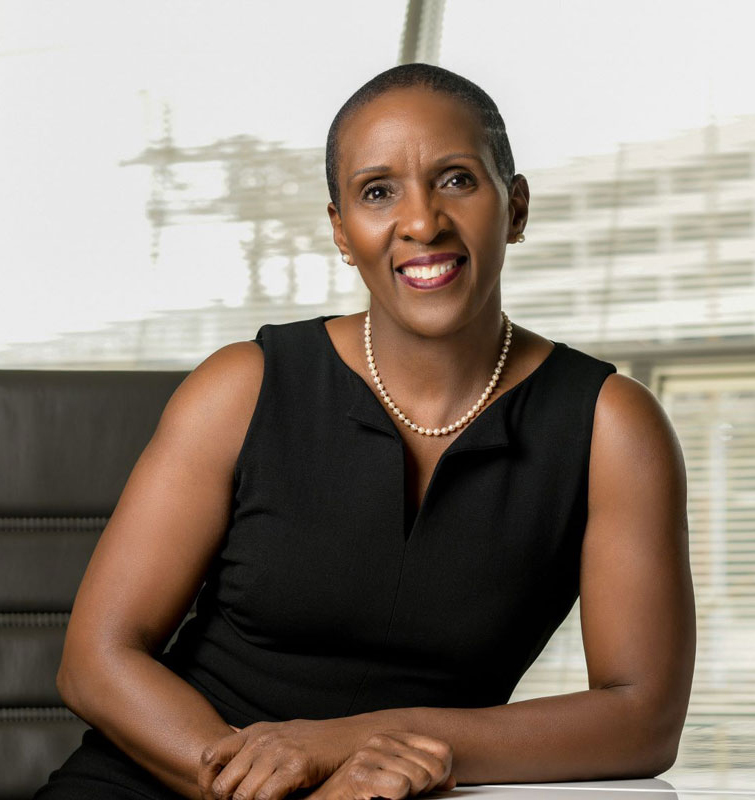
Based in Baltimore, Maryland, the BMHA was founded in 1983 by Dr. Maxie Collier, a mental health professional and the city’s first Black Health Commissioner. Today, the organization provides mental health resources, confidential clinician referrals, webinars, training, music and arts programs, workshops, forums, and cultural services for communities of color in need of assistance and support.
“This pandemic, this trauma, has disproportionately impacted black people and other marginalized communities,” says Brown. “Feelings of social isolation have been high. And now we get to see public lynchings. Part of what we have to do is change the mindset – not the mindset of those seeking help, but of those on the other end.
For people of color, as great as the US is, there has been a toxic ecosystem that has fundamentally devalued our lives and undermined physical, psychological, and behavioral health. There are so many indicators: the dangers of living while BIPOC, high mortality rates, the suicide rate – especially among young black men, a whole bunch of things.”
Xavier Dphrepaulezz – aka Fantastic Negrito – explores all of this and more on his 2020 album, Have You Lost Your Mind Yet?
“I'm a middle-aged African American man, and for us, it's a whole other thing,” he says. “We're constantly bombarded by these things, and by the time you’re our age, our nervous systems are probably shot.
“I'm honest and candid in my music, but I like to talk about these things in a way that unifies people and that brings hope and light and peace and gestures of love to move the ball forward, because as a country, a community, and a neighborhood, we're kind of like a family. And within a family, we have to check on each other and make sure that we're all doing okay.
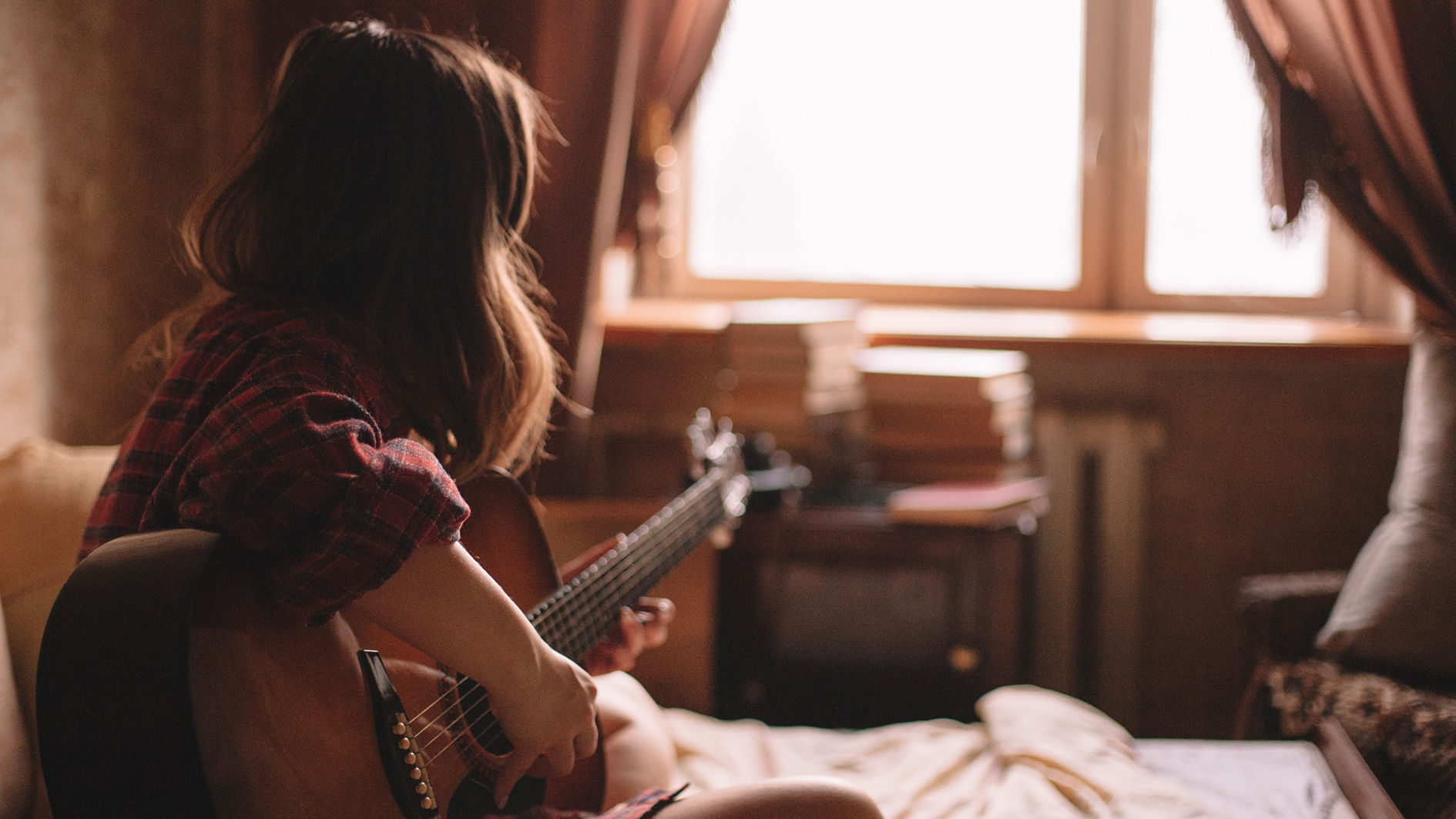
“When you talk to the black community about the pandemic and all this, they’re like, ‘Yeah, there’s gonna be hardships, right? Give me some more. Tell me something that ain't happening,’” he says.
“Everyone in my community has people in their families that have been murdered or people that are incarcerated. We deal with this every day – not because we want to, but because we have to. It's a fact of American life. You throw the pandemic in, we lose more than half a million people in this country, and it puts the whole thing on steroids.”
Addressing mental health issues in the music community is a priority for the BMHA. As such, they have partnered with Backline in order to cast a wider net of services. “We love all things art at the Black Mental Health Alliance,” says Brown.
“We do a Music is Healing month. We recently had a two-part online session called Healing Music for Black Men. Historically, black music has served us through the worst of times, invoked a sense of radical pride, inspired generations to unite and join forces, and takes us to safe spaces where we can find ourselves.
“We know our creatives – artists, stage crews, performers, people who work in studios – have been impacted throughout the pandemic; they couldn’t work, couldn’t write, couldn’t tour. We are especially sensitive to how music and other arts can be healing, and what that can do for people when we are given the opportunity to find our voices again. This thing we love and enjoy has helped shape us as a community.”
Mental health issues didn’t begin with COVID-19, nor will they magically disappear as the world returns to “normal” – whatever that means. But one thing has changed: increasing numbers of musicians, athletes, and other public figures are speaking out about their challenges. This, says Brown, must continue in order to break the stigma and end the shame.
“We’ve got to change the narrative to say, ‘Help is available,’ and we’ve got to figure out what that looks like,” she says. “We have to change it in such a way that it is easy for people to want help and to see it. I’m not talking about a ‘Kumbaya’ moment or a trendy thing. I mean an honest-to-goodness shift. It’s got to be done with intentionality and caution.”
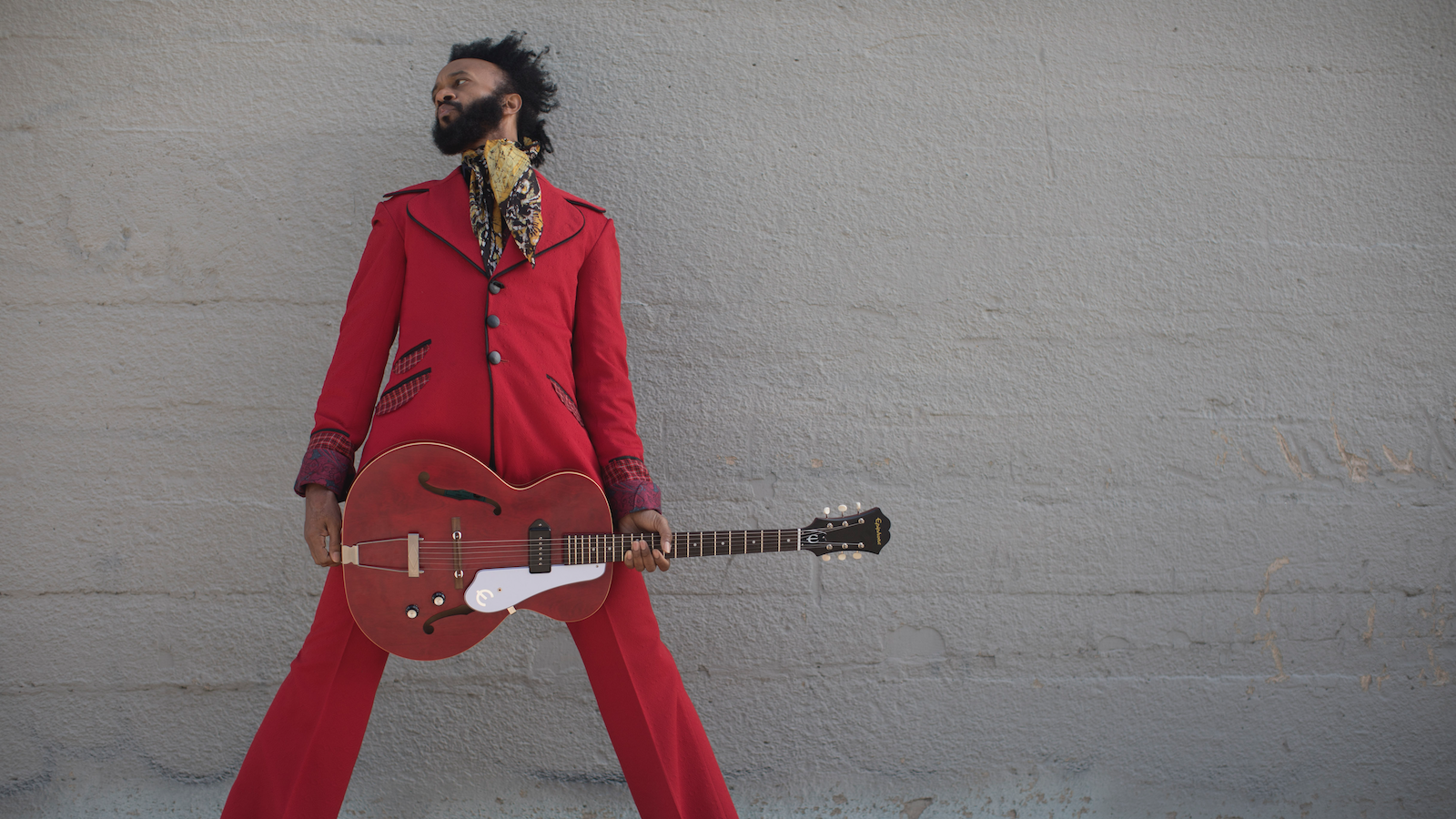
“I would love for the Black Mental Health Alliance to help lead a healing tour, so that we go to communities of color, to LGBTQIA communities, silenced communities, and talk about mental health and wellness.
“We’ve got to equip clinicians who have a real heart for this work to come outside of themselves and understand what it means to be culturally grounded. We have the change the narrative in a way that makes sense to people, and we do it one community at a time.”
“There’s a process,” says Dphrepaulezz. “The system is broken and battered and bruised and lost. The key thing here today is that human beings need each other. Whatever the process is, it’s going to be different for all of us, but we can’t fight this battle alone. Whomever you can reach out to, you reach out to.
“The first thing is recognizing that these things exist. Once you recognize it and you can talk with other people, it helps you take the steps in reassembling what's broken, putting it back together, and making it work again. I'm very happy to do the thing that saved my life, which is contribute and keep contributing. That's our salvation as human beings.”
“If we do nothing, then it is more tragic for America than it ever has been,” says Brown. “That’s why it’s important to raise the roof on this and use every outlet we have access to. We have to sound the horn and we have to keep doing it. It’s not optional.
“When people say, ‘I can’t wait to get back to normal’ – really? That normal wasn’t even a healthy one! How about we define what normal should look like? How about someone who is struggling? Let’s help them figure out what ‘normal’ could look like. It’s easy to say ‘back to normal’ when your normal was just fine.”
Further mental health resources
- National Alliance on Mental Illness
- GLAAD
- Suicide Prevention Lifeline
- Melanin & Mental Health
- Therapy for Black Girls
- Substance Abuse and Mental Health Services Administration
- Black Mental Health
- Young Black Minds Matter
- Young Minds (U.K.)
- Music Health Alliance CMA Fund
- “I’m Good, Bro: Unmasking Black Male Depression” — documentary by
- 4C Visuals Group
- PFLAG – Information and support for the LGBTQ+ community and their family members; 400+ U.S. chapters
- Samaritans – U.K. suicide prevention
- Emotions Anonymous - In person and online support groups utilizing the 12-step recovery program model
Alison Richter is a seasoned journalist who interviews musicians, producers, engineers, and other industry professionals, and covers mental health issues for GuitarWorld.com. Writing credits include a wide range of publications, including GuitarWorld.com, MusicRadar.com, Bass Player, TNAG Connoisseur, Reverb, Music Industry News, Acoustic, Drummer, Guitar.com, Gearphoria, She Shreds, Guitar Girl, and Collectible Guitar.
